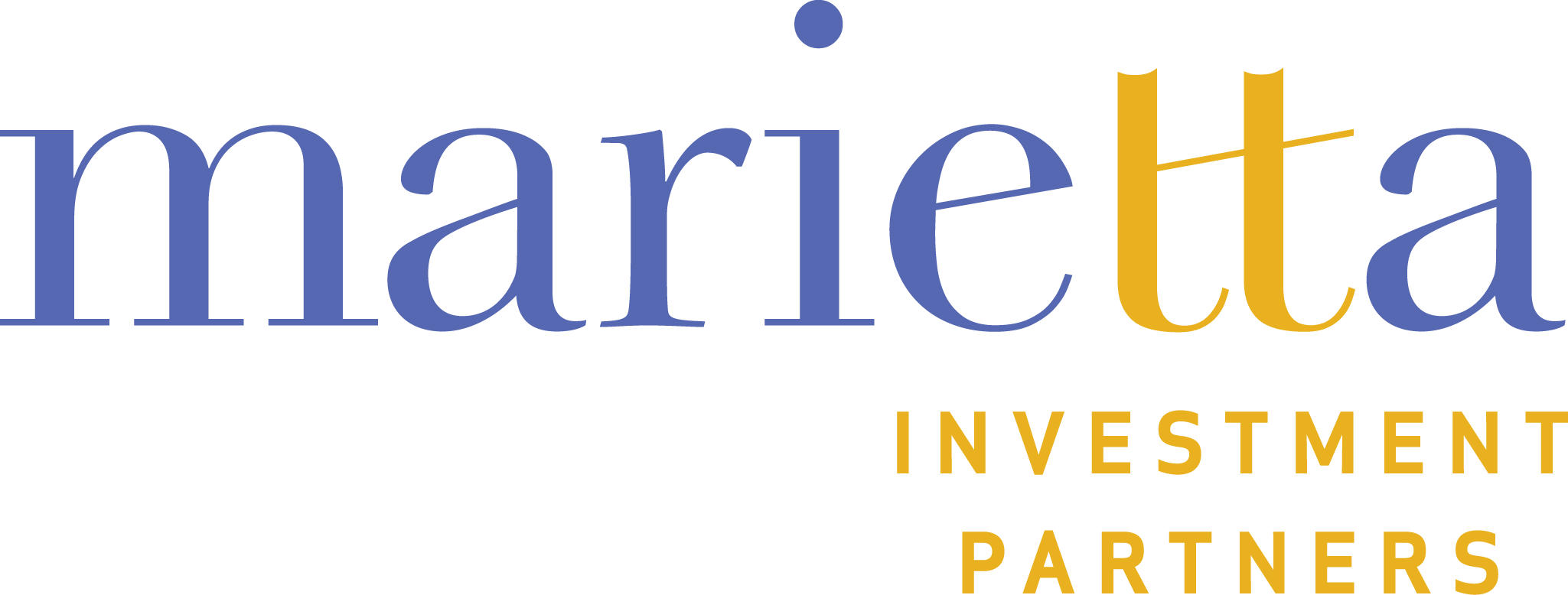Recent weak economic reports coupled with the inability of European and U.S. policymakers to deal effectively with sovereign debt problems and adopt growth initiatives has eroded investor, consumer, and business confidence and rattled financial markets. We acknowledge that the global economic “soft patch” will likely be more severe and prolonged than we, and most economists, projected a month ago. Nevertheless, we do not think the U.S. and leading international economies will relapse into recession. The most probable scenario is a muted and delayed recovery that extends the expansion into 2013.
Predictions of gloom and doom, fanned for their sensationalist impact by some of the media, often ignore or underestimate the elements of strength and resilience:
- Surging demand in the fast growing emerging economies will continue to buttress growth.
- Lower commodity prices, especially oil and gasoline, have been a direct consequence of the soft patch and will boost consumer spending and corporate profit margins in the developed countries. In the emerging economies, lower commodity prices will reduce fears of inflation and asset bubbles, enable central banks to curtail restrictive policies, and improve confidence in their future growth.
- Lower interest rates in the U.S., another consequence of the soft patch, will reduce mortgage rates and other consumer borrowing rates, and will alleviate the financial debt problems of states and municipalities.
- Policy makers in Europe and the U.S. have been condemned by the media as “dysfunctional” and rebuked by financial markets. With the added pressure of voter discontent, the policy makers will feel a growing pressure to act responsibly and decisively. We think they will.
- If there are signs of a U.S. economic uptick, huge corporate cash reserves (estimated at $960 billion) will permit companies to hire workers, expand production, update technology and increase R&D budgets.
We are confident that global stock markets a year from now will be higher, and possibly significantly higher. In the near term, however, markets will likely continue to be volatile and highly sensitive to any new geopolitical and/or economic shock. In these circumstances, conservative investors should be more cautious until there is convincing evidence of economic recovery and markets settle down. More aggressive investors should look for bargains among industry-leading companies with strong balance sheets, experienced managements, positive earnings momentum, and attractive valuations.
The negative case for the global stock market has been highly publicized. On the other side of the ledger, the positive case includes:
- Corporate profits continue to grow and exceed estimates. Bloomberg reported on August 5 that over 75% of S&P 500 corporations have outpaced earnings estimates for the second quarter. Wall Street research analysts are predicting an 18% jump in profits in 2011 with an additional increase of 14% in 2012.
- Market valuations are very attractive. The U.S. market has already priced in a severe recession. The S&P trailing P/E ratio of 13.2x is 20% below the average since 1954 (Bloomberg). If the estimates for 2012 are even close to correct, the market looks even less expensive.
- The massive corporate cash reserves will fuel increased dividends, stock buybacks, and merger and acquisition activity.
Our major concern for developed country economies and markets is the expanding mood of crisis fatigue and despair among consumers and investors. Psychology is becoming increasingly important. Policy makers motivated by partisan political advantage and adamantly refusing to compromise have contributed significantly to this pessimism. Synchronized global policy maker cooperation and dynamic action was decisive in arresting recession impulses in 2008-09, and we expect that policy makers in Europe and the U.S. will once again recognize the need for leadership to restore economic growth and elevate investor confidence.
